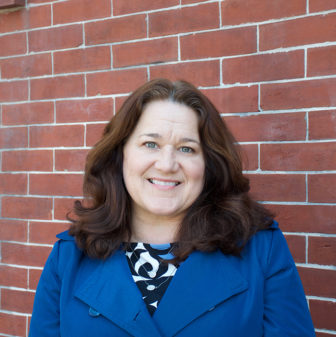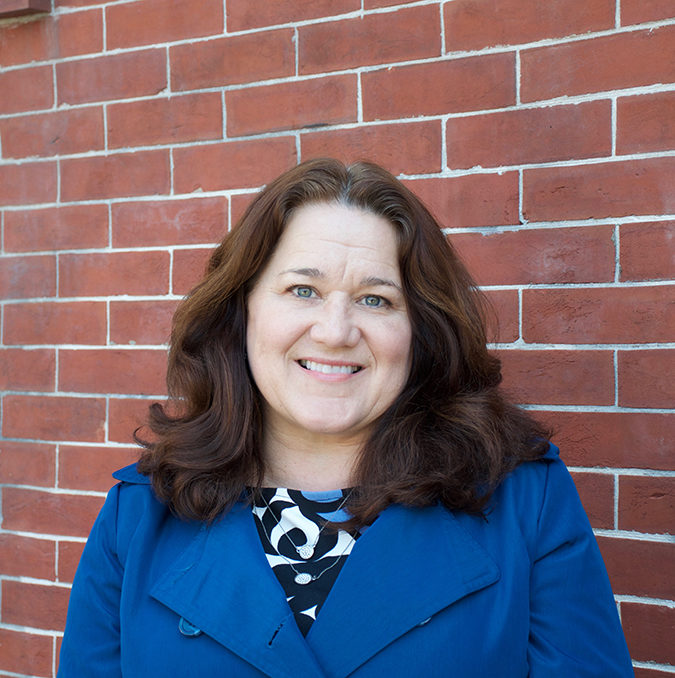 More than 35 million kids and their families across the country breathed a sigh of relief on the afternoon of March 24 when Speaker Paul Ryan pulled the American Health Care Act (AHCA) from a vote on the floor of the U.S. House of Representatives.
More than 35 million kids and their families across the country breathed a sigh of relief on the afternoon of March 24 when Speaker Paul Ryan pulled the American Health Care Act (AHCA) from a vote on the floor of the U.S. House of Representatives.
While touted as an Affordable Care Act (ACA) repeal bill, AHCA included extreme cuts to Medicaid funding — more than $800 billion through per capita caps or block grants. Since children make up almost half of all Medicaid recipients, the deep reduction in funds could have resulted in changes to eligibility categories, covered benefits and services.
Children and youth who receive Medicaid are in families with low incomes and/or are children who have special health care needs or are in the child welfare system, and some are former foster youth. Their Medicaid benefits include vaccinations, well-child exams, oral health, vision care, chronic disease management and needed therapies. Going without any of those or facing a cutback in eligible providers would harm the healthy growth and development of our most vulnerable children and youth. Thankfully, those cuts to Medicaid did not come about in late March, but we remain watchful for another attack on Medicaid.
Though none of us in the child health advocacy world asked for a restructuring of Medicaid funding, we are asking for continued funding for another health coverage program for kids — the Children’s Health Insurance Program (CHIP). Now in its 20th year, CHIP offers coverage to kids from birth to age 18, and to pregnant women. People most often know CHIP by its state-specific name, such as PeachCare in Georgia, BadgerCare Plus in Wisconsin or SoonerCare in Oklahoma. CHIP provides kids with well-child care, hospitalization coverage, mental health, dental care and other necessary benefits.
Between Medicaid and CHIP programs in states, children and youth are now covered with health insurance at the highest rate ever seen — more than 95 percent. We know this coverage means they will be more likely to graduate high school, miss fewer days of school due to illness and injury, and are likely to be healthier as adults. Kids with health concerns like asthma spend less time in the hospital and are healthier after just one year on CHIP.
Unlike Medicaid, which is an “entitlement program” with steady funding to states, CHIP funding has to be renewed legislatively. The last CHIP funding bill passed in April 2015 and runs until Sept. 30. Though that seems like we have several months to get CHIP legislation passed, that’s not how it may seem to state leaders who are responsible for their state CHIP program.
State CHIP programs are robust and in total cover almost 9 million children and youth. In many states, CHIP programs are managed through private insurance companies. To keep their programs running, state CHIP directors negotiate contracts with plan administrators, medical providers, hospitals and other health systems. State budget officers and legislators need to know in advance that future funding is secure and at what level. The parents of those millions of kids want to know that their kids’ coverage will stay stable and affordable, meeting their child’s needs.
Fortunately, CHIP is a well-liked and respected program with a long history of bipartisan support at the community, state and national levels. Parents aren’t the only ones satisfied with CHIP coverage: Mayors, school nurses and principals have also praised the program. The program’s support comes from state legislators and governors, and that carries right through to the U.S. capitol, where many members of Congress, former governors and state legislators themselves know the importance of CHIP in their states.
Regardless of what happens now with the reform, repeal and replacement of the Affordable Care Act, kids must not lose ground in the coverage gains they’ve made during the last two decades. The best thing Congress could do right now is to renew CHIP funding with a bill that extends the program for several years: That would give peace of mind to governors, state legislators and budget officers, doctors and other medical providers, but most importantly to the children, youth and families who CHIP serves.
Carrie Fitzgerald is vice president of children’s health programs at First Focus, a national child advocacy organization.

























